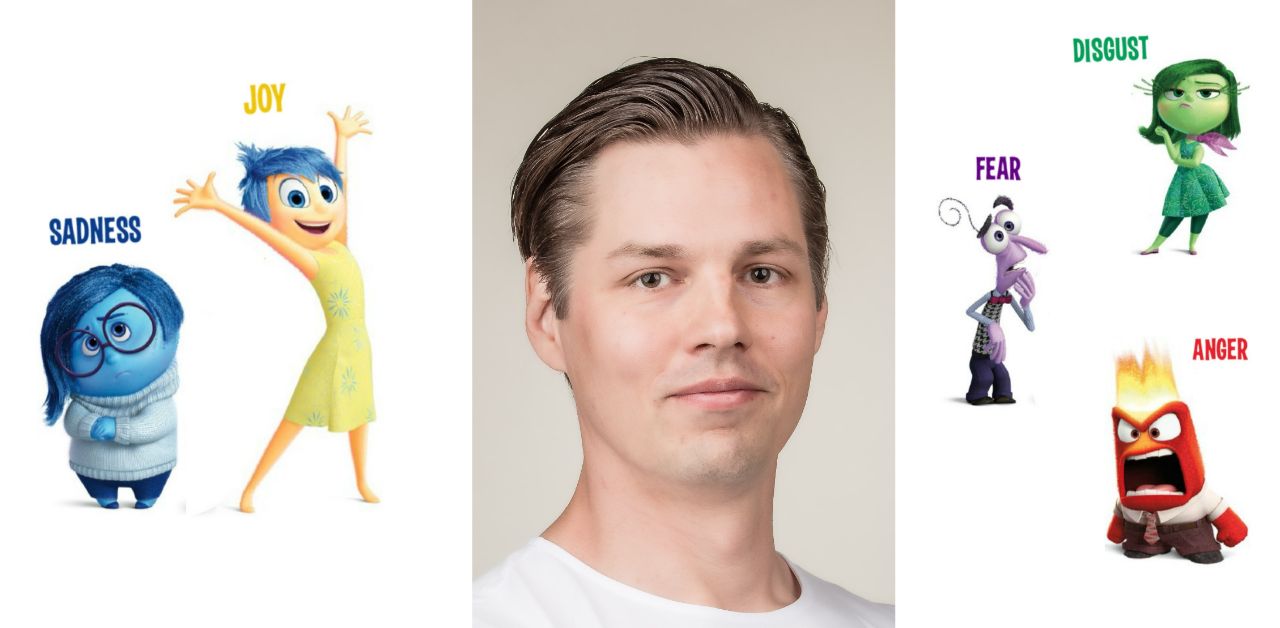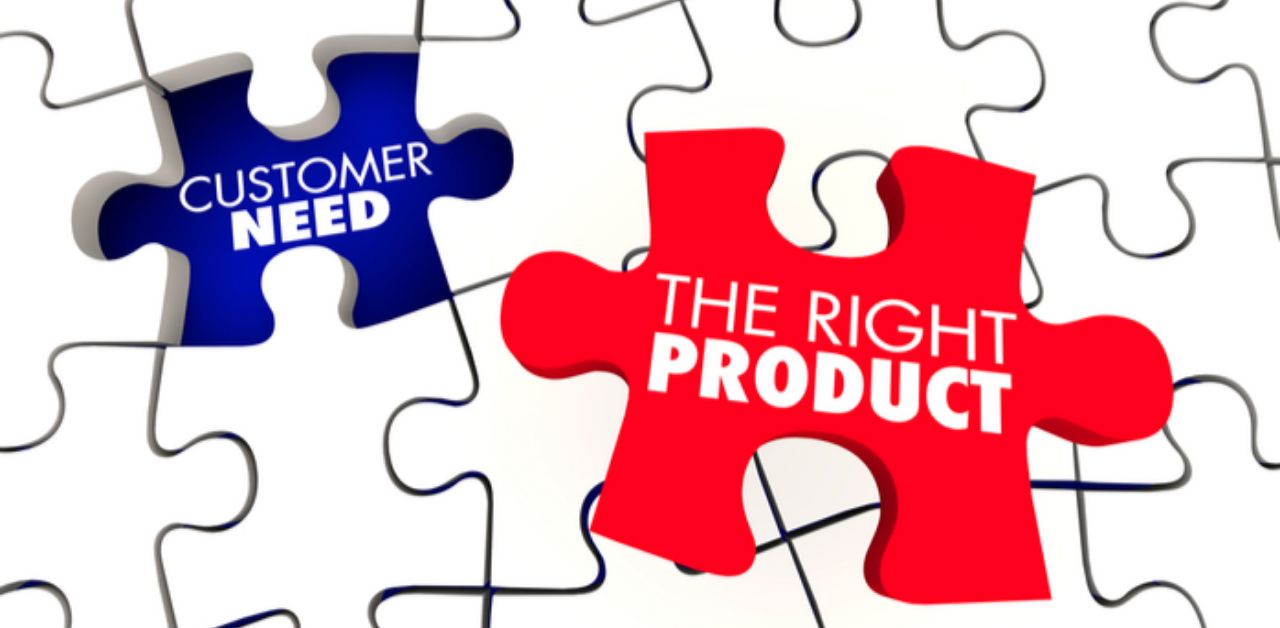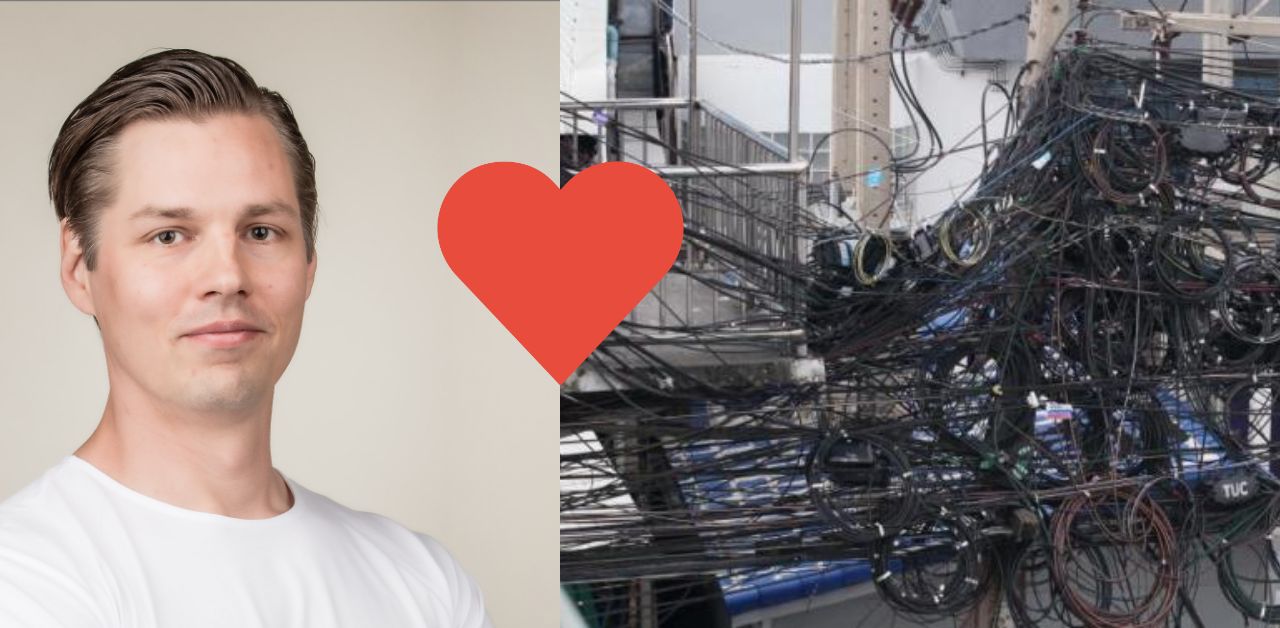It’s no easy task to stay focused in today’s environment. Emails, instant messaging, and a feeling that we are expected to be available 24/7. Working from home during COVID has blurred the lines between when we are working and when we have time off. Let’s look closer at how we can be more focused.
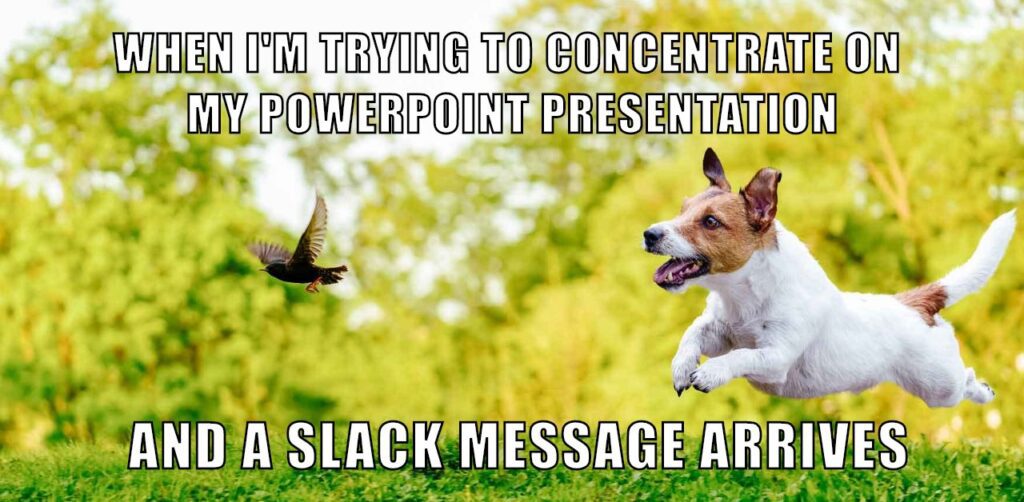
In this article, I will share 8 of the principles that I use to help guide me when making decisions during my day. Most of them are about how to achieve focus and build habits around recovery.
Reduce exposure to problems you have no control over
I knew a guy who was often upset about things he read on social media. Or heard on the news. Or saw going down the street. Truth to be told he still comes around to visit me sometimes. Yes, you guessed it. That guy is my worse self.
The most recent example you probably can relate to is the issue of if people are wearing face masks or not in public during COVID times.
Another example is being upset about the environmental footprint others leave when they own a car or get on a plane for their vacation.
Not my circus, not my monkeys.
Polish pro-verb
I used to get upset and yell at people when they were crowding the sidewalk forcing me to step out into the car lane. Trying to foster the world to be a better place one tiering conflict at the time. What a waste of my energy.
All these examples above are outside of our sphere of influence. It’s not under our control. So we should not worry about them. We should spend our precious energy elsewhere. It’s not our job to foster the world.
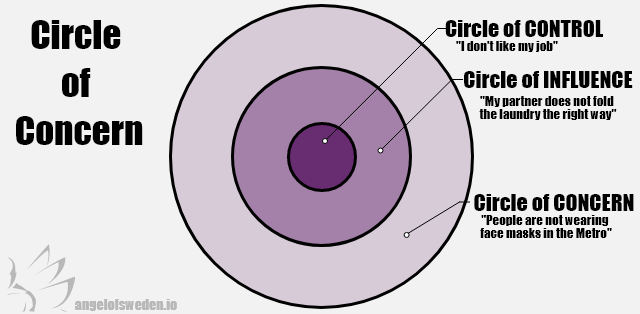

One exception is if we decide to make it our life mission to make a change affecting many people. We are then trying to increase our sphere of influence. But this is going to cost us big time. So make sure it’s worth it. Go big or go home should be our mantra here.
One thing you could try doing is minimizing the exposure to the things that concern you. Some examples of how to get less exposure to the outer parts of the circle could be:
- Spend less time on social media.
- Change the subject when your friends start complaining about how bad the COVID strategy of your country is.
- Change the program on TV when the news starts talking about the macro economical trends and inflation and the effects on your house mortgage.
When we get closer to the middle and enter the Circle of Influence you should pick your battles. You can make an impact here, but it will consume a lot of energy so be selective.
Your primary focus should be the Circle of Control. This is where you can leverage your efforts to see a larger impact in your own life.
Dare to say no will help you be more focused
The calendar tends to fill up quickly. People ask for our help and we want to be helpful. It feels good to say yes. But when the time comes to do the work we realize have taken on too much. Does this seem familiar to you?
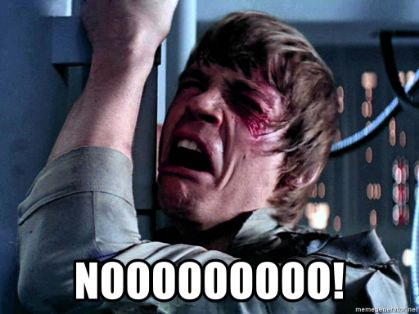

One of the problems with keep saying yes to others is they keep coming back for more. It worked before, so they will keep solving their problems the same way.
Furthermore, if we get spread too thin we can not do quality work and our reputation suffers.
We want to nip things in the bud. Saying no, in a polite way, before things grow out of hand and we feel committed. We should always consider how the things we are accepting to do aligns with our long-term goals. This is challenging. It will feel like we are letting people down. But we will build our resilience over time. The first time is always the worst.
My best mental trick to decide if I should decline an invitation for something in the future is to pretend the invitation was for tomorrow. Would I still accept? If the answer is no, I will likely feel the same when the actual date approaches.
If we choose to accept to take on a project we should make sure to give ourselves proper time to do it. A good rule of thumb is to take your first estimate of time and double it. Some even say to use π as a factor to multiply with. Communicate this as a commitment if you are asked for a timeline.
Avoid non-transactional meetings
This one is a little bit harder to follow strictly in larger organizations. It takes finesse to do it graciously and I have to admit I sometimes make people upset with my behavior here.
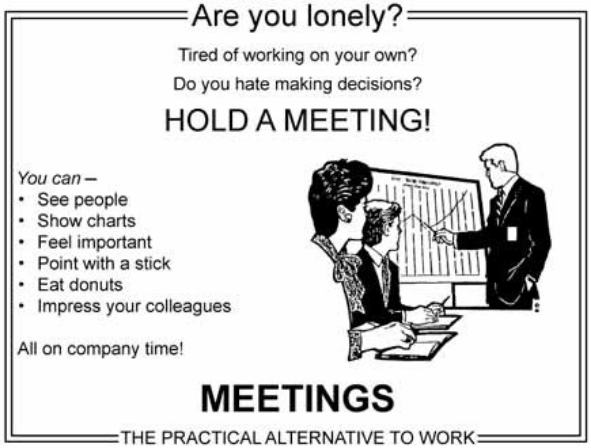

The overall principle is quite simple. Avoid having meetings without a clear purpose and outcome. Especially meetings with lots of people. Nothing gets done here. We need to respect our own time and energy here and say no more than we think. Often an email is enough.
Meet and greets “to get to know each other” or meetings with “no strings attached” should be avoided. We want strings attached. We want purpose in our interactions. And the best way to get to know people is to accomplish things together.
If you really can not avoid these types of meetings at least put them at a time when you can go for a walk during the meeting.
Finally, be very restrictive about meeting people in person. If you don’t work in the same office that is. Sure, it’s better for building strong relations. Especially if you break bread together. But the time to transport yourself to and from the venue can make you allocate a whole morning. COVID times have shown us that virtual meetings are a perfect substitute for meeting in person. Surf that wave!
Do not context switch
It takes us 20 minutes to re-focus every time we get disturbed according to this research. I wrote about this and content switching in my previous article “What 2021 taught me about preserving energy” so I will try not to repeat myself too much.
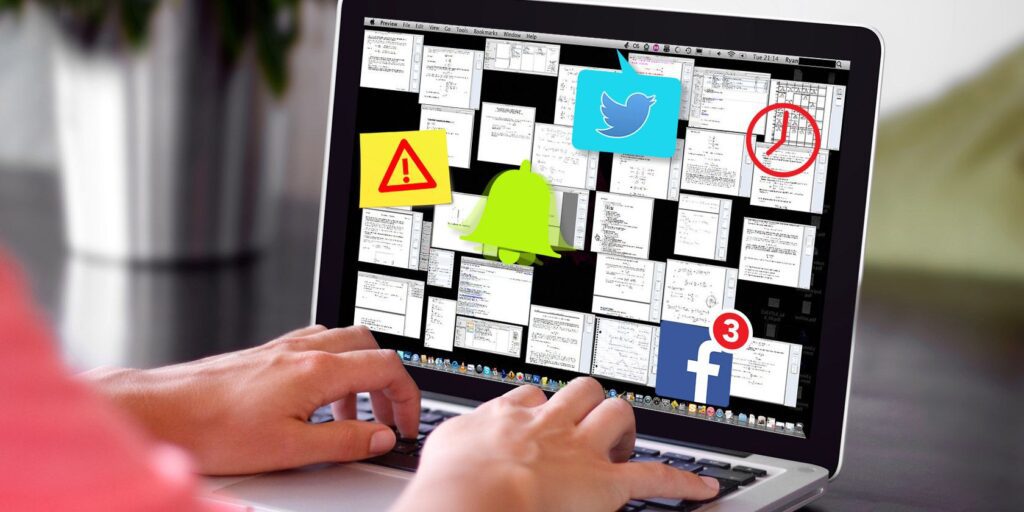

Every time we have to re-focus we pay with some of our energy. Humans are terrible multitaskers. Don’t believe anyone that tells you they are different. And take a look at yourself. Be honest. How often do you drift away and check your email, scroll that social media flow, check your Slack, Messenger, WhatsApp, and so on?
We need to ask ourselves what will happen if we don’t see and respond to that instant message right away. But maybe more importantly what does it cost us not to be present in what we are doing? Be aware that every time we read a message that starts a line of thought. We are like a puppy in the park chasing the latest dopamine sensory stimuli.



If we are not used to this it will be quite a detox for us. But we need to set ourselves up for success. Start with removing all notifications on your phone. Be in charge of your phone, not the other way around. Let it work for you. Here is a simple guide on turning phone notifications on your iPhone. Then do the same for your computer.
Let people know you are only reachable by phone if something urgent comes up. Go offline on Slack, or use the Do Not Disturb mode. Close all Facebook and LinkedIn tabs in your browser.
Be mindful of what activities give and drain your energy
Some people and activities are quite draining on your energy level. You probably recognize leaving an interaction with the feeling of having been in a wrestling match for life and death. Or finishing a tough and boring task feeling empty inside.
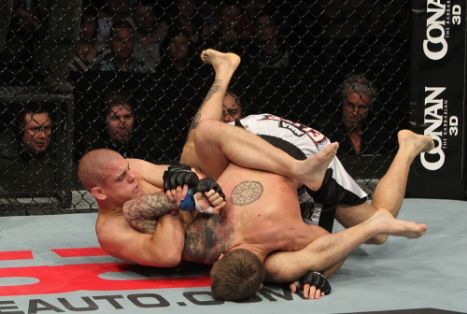

Compare this to when you end a chat with someone you like a lot. Maybe you shared some exciting news, bonded with some gossip, or made grandiose plans together. This gives you energy instead. Some other activities that tend to be giving us energy is going for a walk, meditating, reflecting, or working out.
Once you start being mindful about what activities that is a plus or minus in your mental books you can start planning around them. For example, don’t put all energy-draining activities back to back, do at least one energy-giving activity per day. Also, attempt to see you if can eliminate some people and activities from your life that drags you down.
Be clear about when it’s work time and free time
Do you have your laptop on the sofa in front of the TV at night? Or check your email during your playtime with your kids? Modern life technologies have made work very accessible to us.
And don’t for a second think your employer permitted you to use that company phone in your free time out of kindness. They know that you having access to your work email at all times will make your work more.
We need time to recover our energy. And we need to plan this ourselves. Take responsibility and put up some rules. Some suggestions could be:
- No work during your lunch break
- No work after 5 pm
- No work on Saturdays (and/or Sundays)
- No work during your vacation. Disconnect!
- No calls during your workout
The exact rules are up to you.
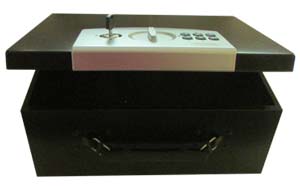

Make yourself unavailable. Have people call you on the phone if the company is on fire. If they abuse it, put your phone on Do Not Disturb mode with only a few people you trust who can get through. If needed, even get a box to lock your phone in.
Make time for recovery every day, week, and year
Everyone sleeps at night. This is the fundamental base for your recovery. Make sure to get a lot of sleep. If you feel tired during the day, you are probably not getting enough. And no, you can not get by within 5 hours. Don’t fool yourself you are special in this regard. You are cheating yourself and limiting your cognitive functions.
The number of people who can survive on 5 hours of sleep or less without any impairment, expressed as a percent of the population, and rounded to a whole number, is zero.
– Dr. Thomas Roth in the book “Why We Sleep” by Matthew Walker
I’ve found it useful to break down recovery into different types based on cycle length.
- Micro (every hour) – Take short breaks often to let our nervous system recover. About 5 minutes every hour is a good rule of thumb.
- Meso (every day and week) – The daily rest everyone gets at least partially right. It’s when we sleep at night. The weekly rest could be a bit more tricky for very busy people. But we should try to have at least 1 day/week where we are completely disconnected from work.
- Macro (vacations and sabbaticals) – We will not be able to fully recharge as longer periods of work progress. That is why we need a vacation 1 to 2 times per year to recharge. The study “Vacation (after-) effects on employee health and well-being, and the role of vacation activities, experiences and sleep” showed the optimal vacation length to be 8 days. I need at least 2 weeks to fully disconnect and start thinking about other things than work.
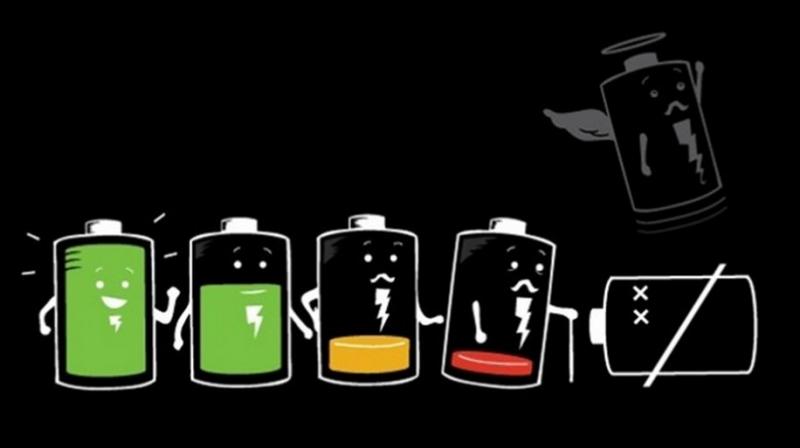

These types of rest are interconnected and are the basis for our well-being and energy levels. We must make sure to not neglect any of them or we will have to pay the debt you are accumulating at some point.
Taking care of your body and mind will help you to be more focused
The American CDC recommends 150 minutes of moderate-intense aerobic exercise per week. That’s about 20 minutes per day, 7 days a week. Not a lot, but a busy schedule can provide challenges. Unless we establish our health routines. This study in Nature shows there is a positive effect on our creative output connected to physical exercise.
One thing we could do is utilize walk-and-talk meetings. Especially on 1-1 meetings/checkups or when there are larger information meetings. Plugin in those headphones and get outside the door.
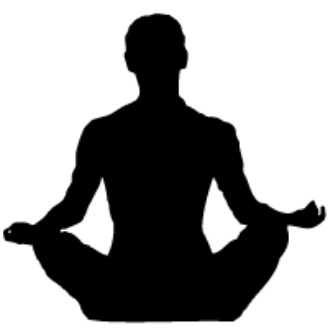

On top of physical exercise, we also need to recover mentally. I’ve been doing meditation on and off for years and what I learned is that it doesn’t need to be so complicated. It can be as simple as staring out the window and focusing on the sounds of the falling rain for a few minutes.
Conclusion
Focus is everything. It is what takes us where we want to go. We need to be relentless about it. Eliminate what is not important to you and what you can not control.
We need to dare to say no to things. It is your life and your time. But be gracious about it.
We should be mindful about what meetings we attend. If we do attend, be present. Do not context switch. Not in meetings and not while working on other tasks either. It drains our energy fast.
Make sure you get enough time for recovery during your day, sleep enough and have enough time to decompress every year. And make sure to get enough exercise. It pays off in the long run.
And lastly, We must separate our work life from our time off. Set boundaries. If we don’t respect our boundaries, why would others do it?


